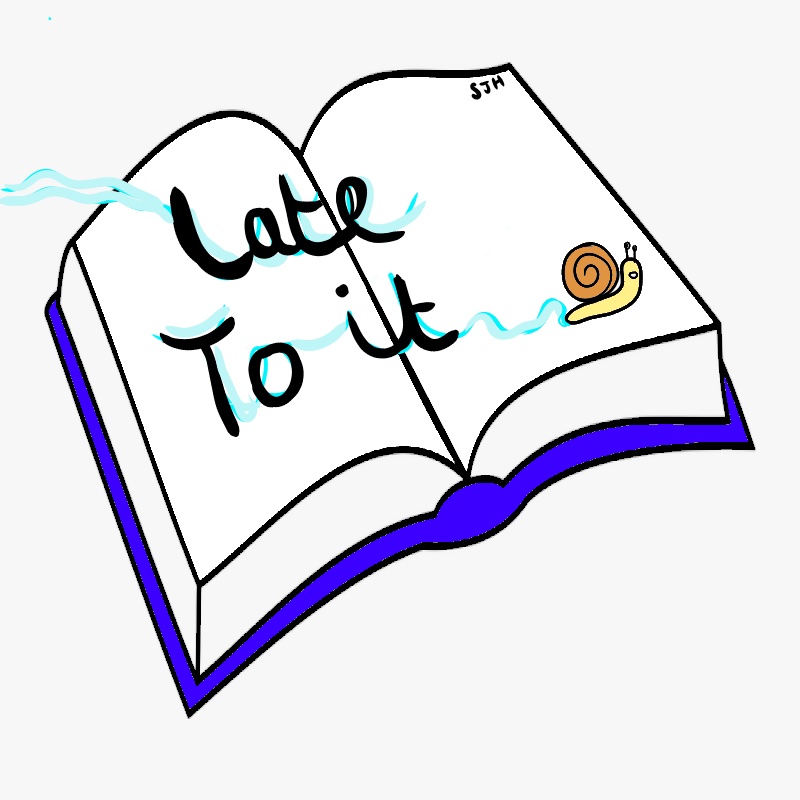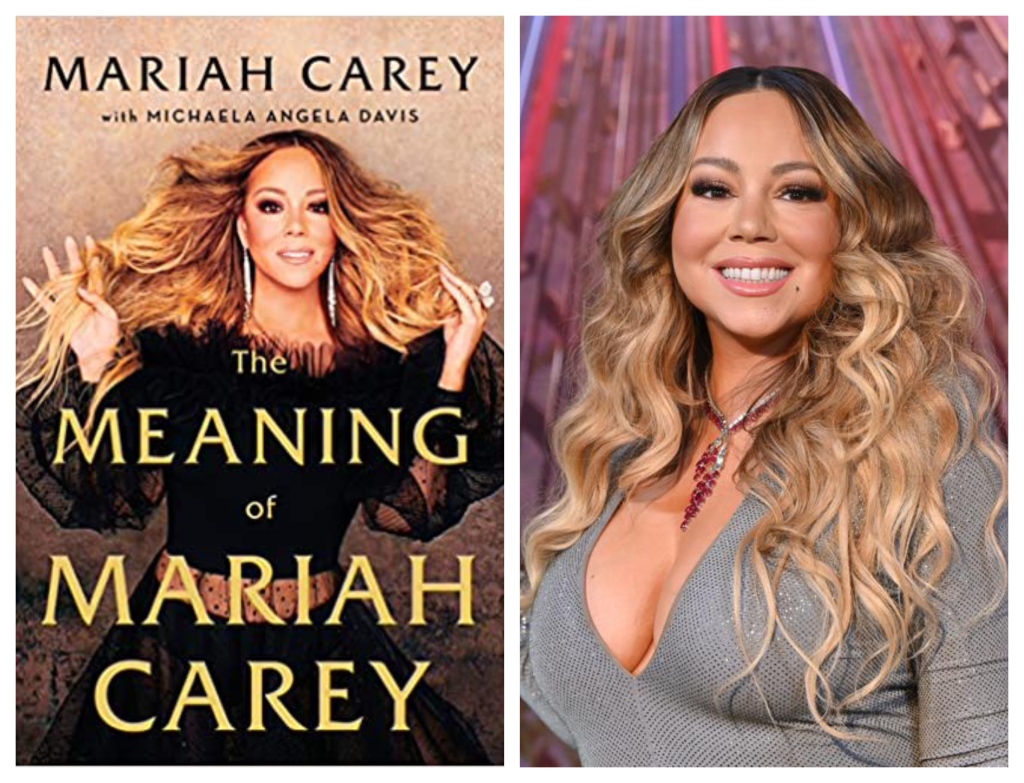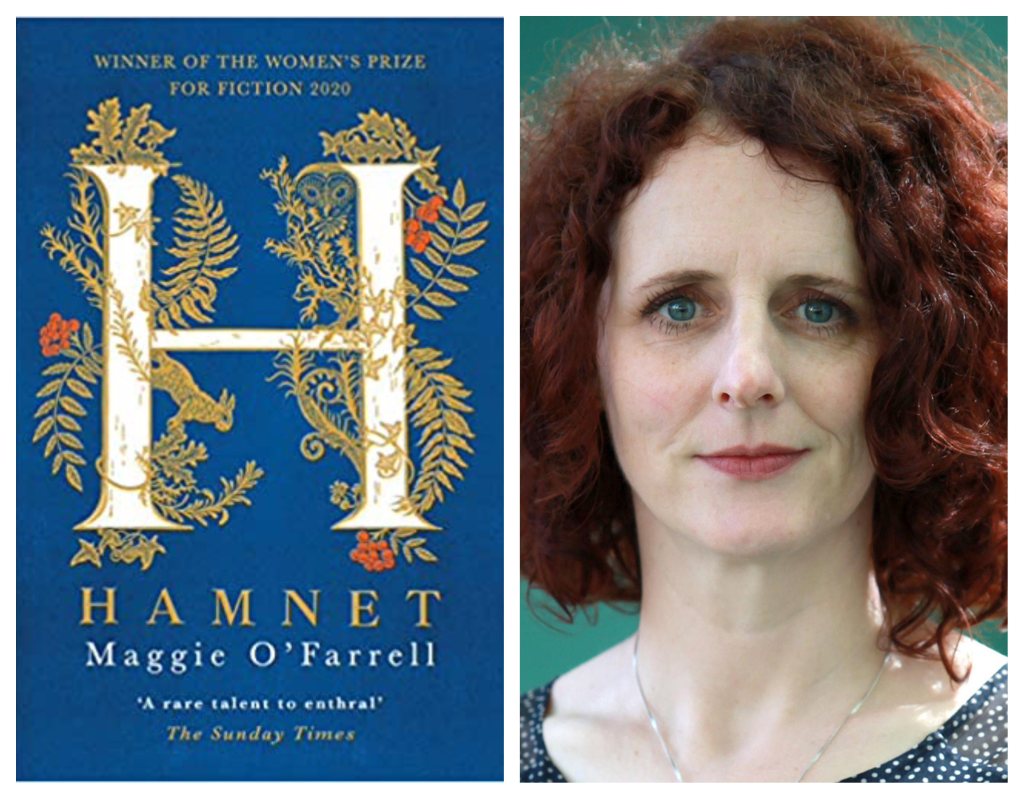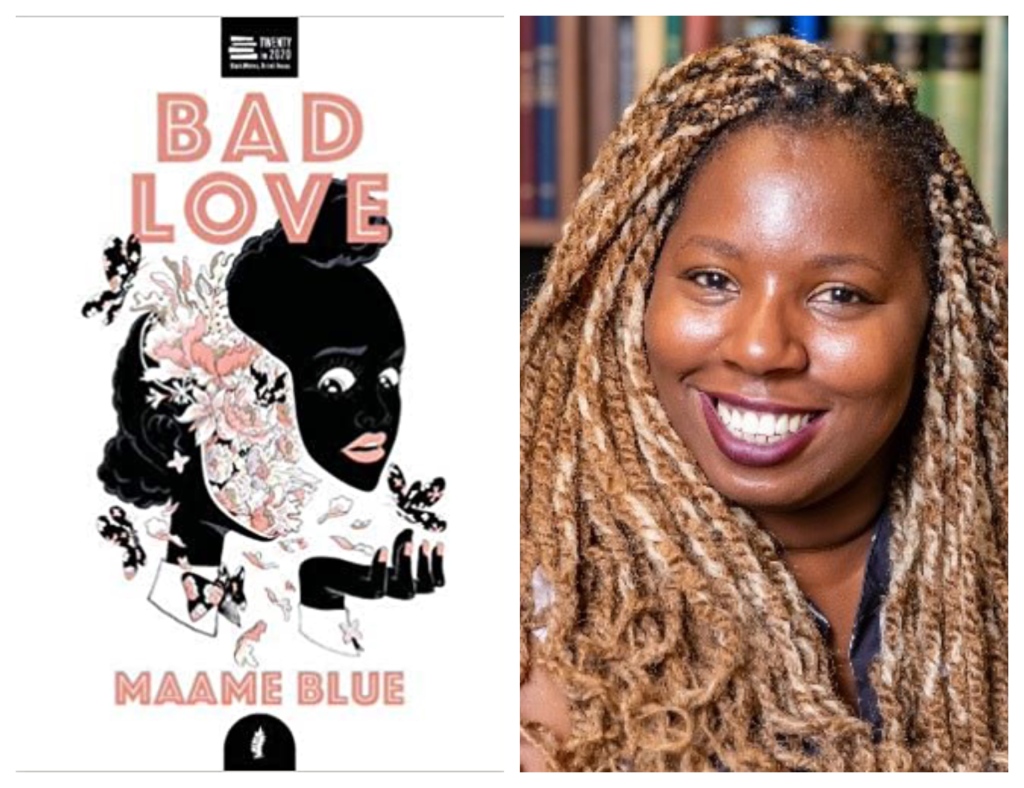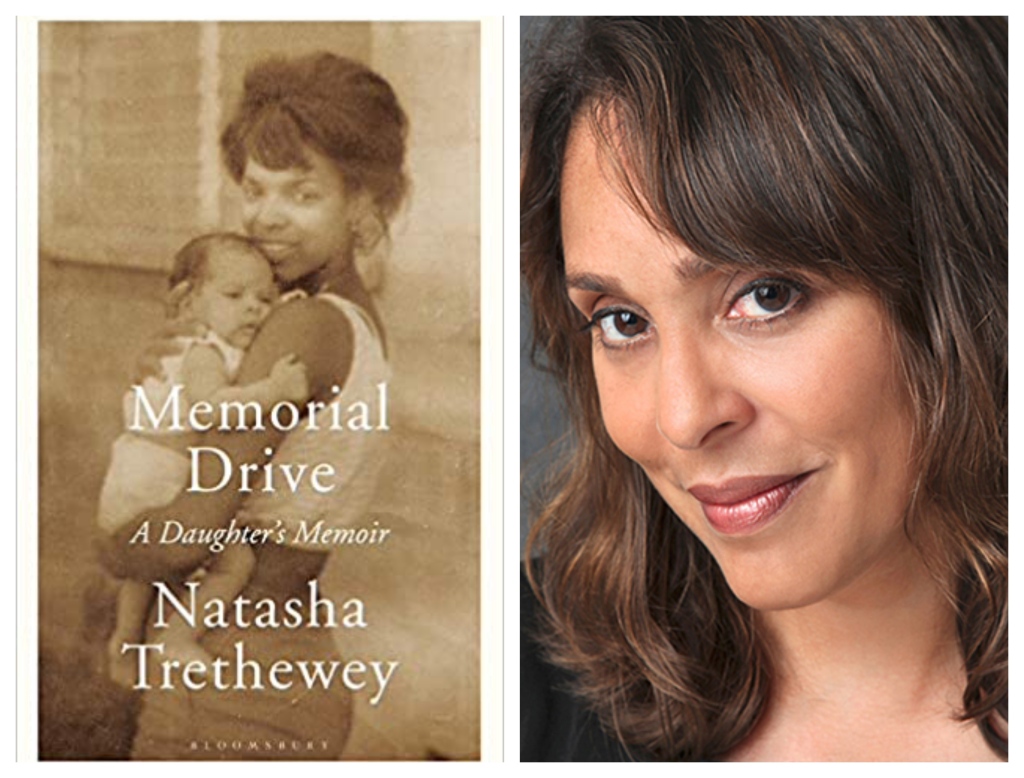Naomi on Naomi on Naomi

Doppelganger – Naomi Klein (Allen Lane)
‘We are not, and never were, self-made. We are made, and unmade, by one another.’
For some time, people have confused the anti-capitalist, climate activist Naomi Klein with the (former?) feminist and conspiracy theorist Naomi Wolf. This wasn’t a huge issue for Klein until it was. Until Wolf’s brand of conspiracy became hurtful and harmful and Klein’s reputation was at stake. Until Klein saw herself disappearing – a sentiment most of us can appreciate – during the height of the Covid-19 pandemic when life was largely lived online and conspiracies rocketed.
Klein explores the reasons she sees for Wolf’s transition to ‘diagonalist politics’ through which Wolf has aligned herself with people such as Steve Bannon, far-right commentator and Donald Trump’s former strategist. This becomes a doorway into wider issues: how the novelty and uncertainty of a worldwide pandemic allowed conspiracy theorists to exploit people’s fears; how everyone with an online profile has created their own doppelganger from whom Big Tech is harvesting data; the wellness industry and how it became wrapped up in the far-right, and autism as the trial-run for the anti-vaxxers.
Throughout these deep dives, Klein returns repeatedly to the idea of the doppelganger in literature and film. From Hans Christian Anderson and Charlie Chaplin to Carmen Maria Machado and Jordan Peele, landing firmly, although somewhat to her chagrin, on Philip Roth, Klein explores the portrayal of doubles, discussing their roles to illuminate our own doppelgangers and how we might handle them.
While all of this sounds like heavy going, there is humour integrated. As a fellow Naomi, I am grateful to Klein for including the correct pronunciation of our name:
In Montreal’s Jewish community, where I grew up, almost everyone pronounced it “Nye-oh-me,” with a flat “eye” on the first syllable that sounded whiny and dreary to my ears. No matter how many times I introduced myself as “Nay-oh-me,” it came back with the “Nyeeee-oh-me” drone.
“You gave me a name with a built-in whine,” I whined to my mother when I was in tenth grade.
She also discusses being confused for Naomi Campbell on multiple occasions, something that has also happened to me despite being neither a Londoner nor a supermodel. Klein initially attributed this to the name being ‘just uncommon enough that the first Naomi a person became aware of tended to imprint herself in their mind as a kind of universal Naomi’. A theory which falls flat to me as I confess to confusing Klein and Wolf myself, despite Campbell being the first and, for a long time, the only other Naomi whose existence I was aware of.
Throughout the book, Klein questions herself, ‘other Naomi’ – as she refers to the version of Wolf she has to live with – having led her to this state. The core of this becomes an inquiry into whether or not changing the discourse changes the world. Particularly in a society where ‘monstrous clowns’ such as Trump and Boris Johnson have trivialised issues and even Greta Thunberg, who once gave rousing speeches, now replies ‘Blah blah blah’ to the deals and treaties announced by leaders who then take little to no action.
What then is the point of reading this book? Whoever our doppelgangers, whether self-created or imposed upon us, Klein’s response is to tell us to return from the mirror world, stop building fortresses we think will keep us safe by keeping others out, and start joining collective action, discussing our differences and pushing for the changes that just might save us and the planet we live on. The point of the book is a call to arms. We can all spend hours online masquerading as our doppelgangers, reading and debating, but what action are we going to take in the physical world?
The copy of Doppelganger I read was my own purchase.

